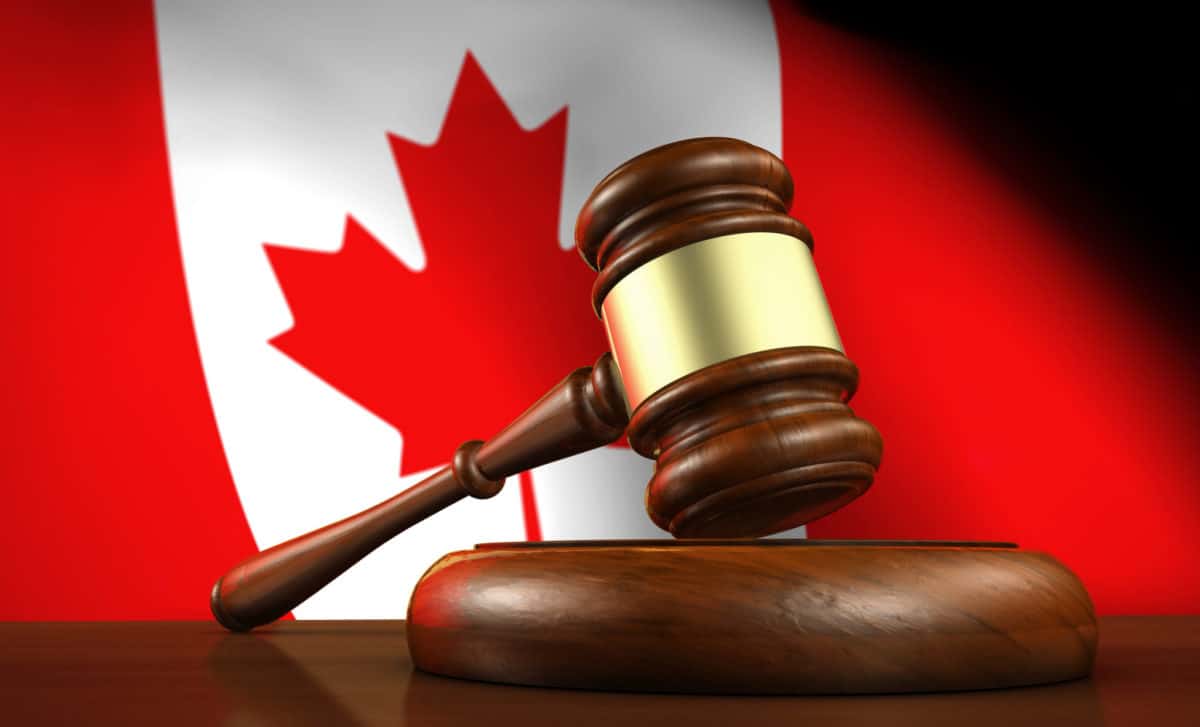Last Updated on
A federal judge has ruled the Safe Third Country Agreement on refugees between Canada and the U.S. violates the Canadian constitution.
Federal Court Justice Ann Marie McDonald said Wednesday that elements of the agreement violate the constitutional guarantee of life, liberty and security.
Now Ottawa has six months to respond to what is a landmark decision.
The Safe Third Country Agreement, in place since 2004, means asylum seekers must make their refugee claim in the first ‘safe’ country to which they arrive.
In practice it means Canada can turn back potential refugee claimants who arrive at recognized land points of entry along the U.S. border, advising them to make their claims in the U.S.
Read More
Canada Wants to Close USA Safe Third Country Agreement Loophole and Begin Border Exit Controls
Quebec Mulls Giving Asylum Seekers Working in Care Homes Pathway to Permanent Residence
Canada, U.S. Hold Talks On Altering Safe Third Country Agreement
Refugee groups have long fought against the agreement, saying the U.S. is not a ‘safe’ country for claimants to be sent back to.
Justice McDonald has declared the agreement invalid, but suspended her decision for six months, giving Prime Minister Justin Trudeau’s government until January to respond. The government said on Wednesday it was reviewing the decision.
The case was brought to court by a group including refugee claimants, the Canadian Council for Refugees, the Canadian Council of Churches and Amnesty International.
The group claimed that by sending people back to the U.S., they are potentially exposing them to detention and rights violations.
Justice McDonald agreed that those turned back faced imprisonment, saying the outcome was “inconsistent with the spirit and objective” of the Safe Third Country Agreement, resulting in a violation of rights.
“The evidence clearly demonstrates that those returned to the U.S. by Canadian officials are detained as a penalty,” Justice McDonald wrote.
The group who brought the case urged Canada to immediately stop turning claimants away regardless of the six-month window of leeway, and to not appeal the court’s decision.
The court heard details of a number of cases of the experiences of refugee claimants in the U.S. after they had been turned away by Canada.
The Safe Third Country Agreement has been further brought into the spotlight since Donald Trump became president in 2016.
Trump moved to threaten the refugee status of thousands in the U.S., causing them to flee north to Canada.
However, because of the agreement, claimants chose to cross into Canada at unrecognized border points, allowing them to enter the Canadian refugee system.
Since an initial surge of so-called ‘irregular border crossers’ in 2017, nearly 60,000 have flooded across the Canadian border according to official figures, the vast majority into Quebec via the now infamous Roxham Road crossing point.
Only since the border was closed to non-essential travel has the steady stream of roughly 1,000 people per month stopped. After 955 people crossed in March 2020, the combined figure for April, May and June is just 59 irregular border crossers.
